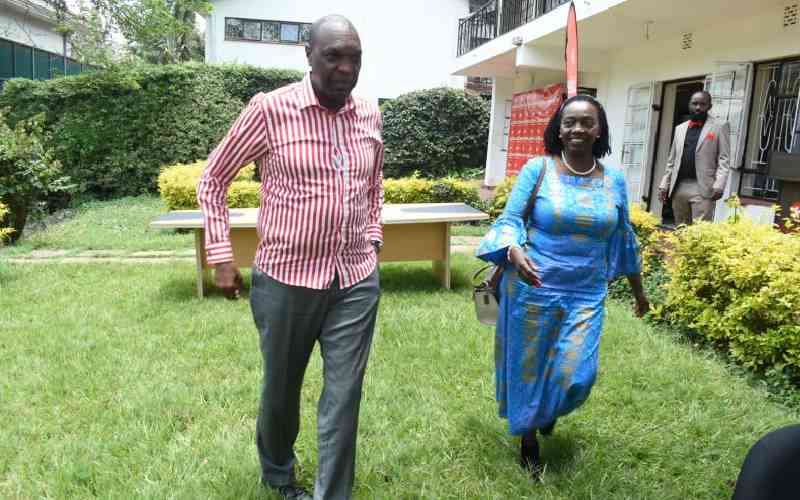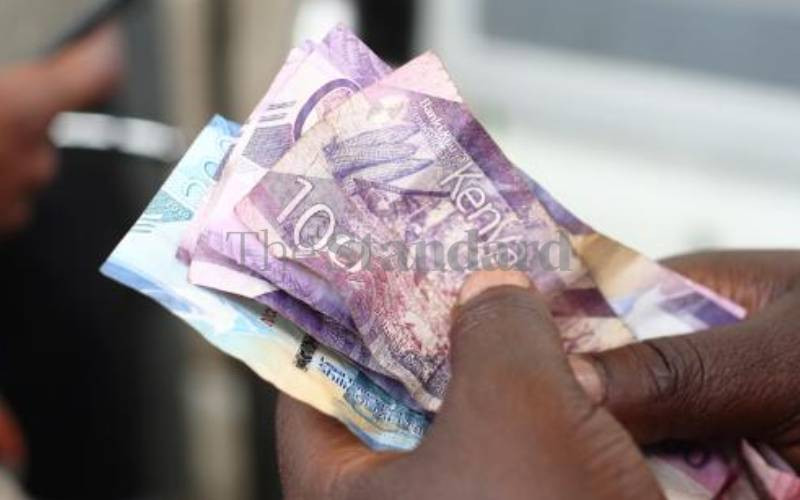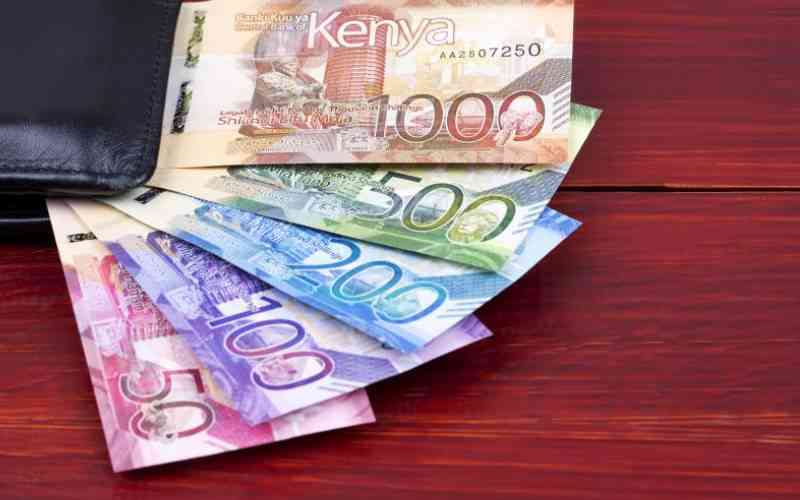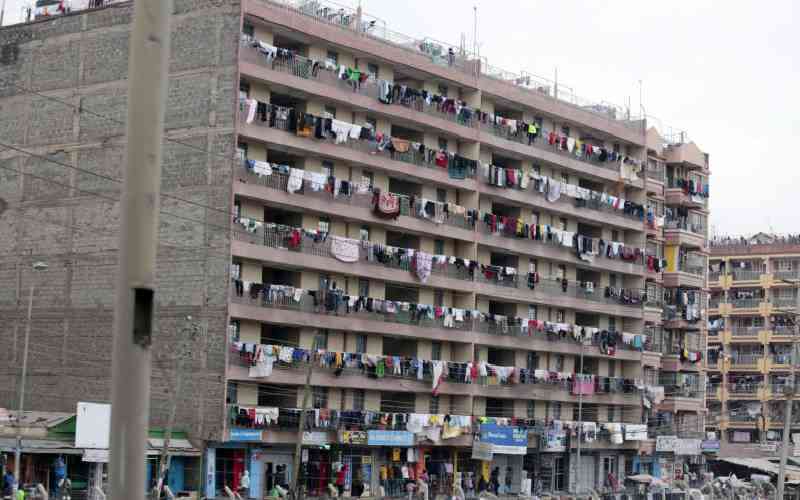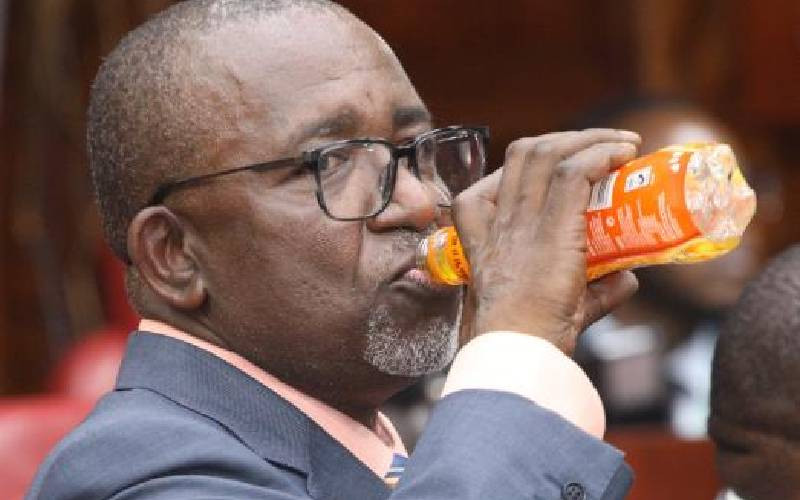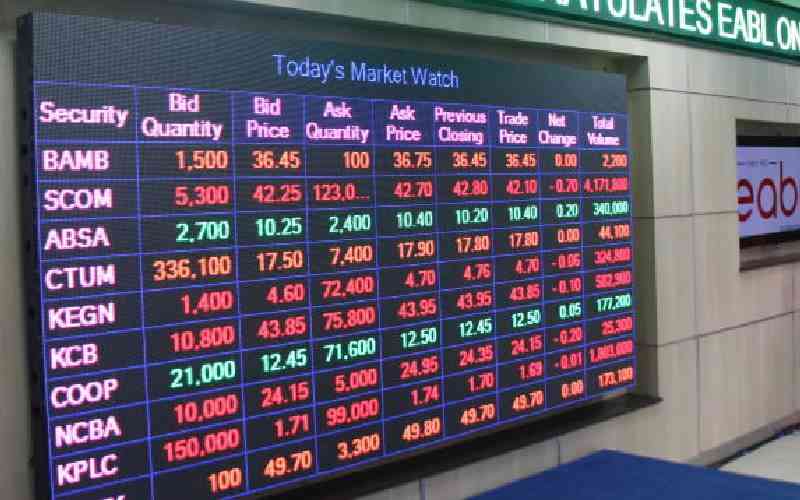
As the world goes through economic turmoil in the midst of post-Covid economic recovery and the Russia-Ukraine war, the US dollar continues to strengthen against other global currencies.
The concept is referred to as the dollar smile. We expect the shilling to continue losing in value, thereby increasing the cost of living because of several reasons.
First, one cause of the dollar strengthening amidst economic slowdown is that it is the main global trade currency and when there are conflicts or economic slowdown, investors will tend to store their wealth in more stable currencies, mostly the dollar.
This leads to high demand for the currency.
The supply chain mismatch caused by the post-Covid-19 recovery also means that demand for the dollar is high hence boosting its price in the global market.
Second, the war in Ukraine has also triggered a sharp increase in oil and petroleum prices, increasing the overall inflation (increase in prices of commodities) globally.
This has hurt most developing countries such as Kenya, which thrive on importation of raw materials and finished products. This has caused a sharp increase in all other prices of the commodities consumed.
Thirdly, Kenya is a net importer and there is high demand for dollars by the manufacturers and other traders who are keen to increase their production as the economy recovers, thus the need to buy more raw materials.
This has pushed the Central Bank of Kenya (CBK) to ration dollars to cushion the exchange rate and ensure there is enough foreign currency to buy essential products such as oil.
Foreign exchange
Fourth, some of our key foreign exchange-earners such as the tourism and hotels industry are yet to fully recover from Covid.
The tourism and hotel industry revenue slumped from Sh161 billion in 2019 to Sh88 billion in 2020 and last year, the latest figures show revenue was still lower though recovering at Sh146 billion.
Though this trend shows our economy is back to recovery, being the highest foreign currency earner and with the low export of agricultural products such as tea and coffee, this meant there was a trade imbalance and foreign currency gap that is yet to be fully sealed.
Though CBK is trying to use monetary policies such as increasing the base lending rate from seven per cent to 7.5 per cent, rationing dollars, and inflation control, the problem may be beyond its capacity.
Stay informed. Subscribe to our newsletter
We expect much more increase in the cost of living and inflation all through the year.
The writer is an economics and entrepreneurship lecturer
 The Standard Group Plc is a
multi-media organization with investments in media platforms spanning newspaper
print operations, television, radio broadcasting, digital and online services. The
Standard Group is recognized as a leading multi-media house in Kenya with a key
influence in matters of national and international interest.
The Standard Group Plc is a
multi-media organization with investments in media platforms spanning newspaper
print operations, television, radio broadcasting, digital and online services. The
Standard Group is recognized as a leading multi-media house in Kenya with a key
influence in matters of national and international interest.
 The Standard Group Plc is a
multi-media organization with investments in media platforms spanning newspaper
print operations, television, radio broadcasting, digital and online services. The
Standard Group is recognized as a leading multi-media house in Kenya with a key
influence in matters of national and international interest.
The Standard Group Plc is a
multi-media organization with investments in media platforms spanning newspaper
print operations, television, radio broadcasting, digital and online services. The
Standard Group is recognized as a leading multi-media house in Kenya with a key
influence in matters of national and international interest.


